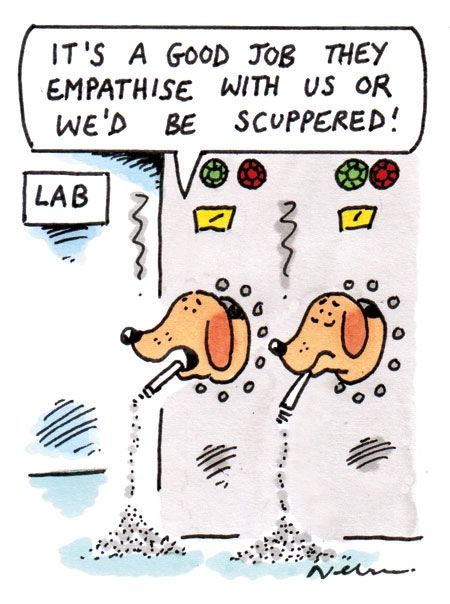
- Is higher education facing its “Napster moment”? The Financial Times’ Michael Skapinker thinks not. Writing on 14 March, the columnist argued that traditional universities are unlikely to be upended by massive open online courses in the way that the music business has been hit by “disruptive innovation”. Leading universities such as Harvard or Oxford would still prosper because “what students learn is less important than where they learnt”, while former polytechnics could bank on their ability to make students more employable by “getting them to work on real company projects early on”. Another flaw of Moocs is that people cannot concentrate for longer than five minutes on an online lecture, he said, adding: “Some online lecture sites boast impressive numbers of hits. But how long are people watching before they flip to Facebook?”
- Staff at New York University’s largest faculty have passed a motion of no confidence in the institution’s president, The New York Times reported on 15 March. An electronic ballot in the College of Arts and Science last week approved the motion against John Sexton’s leadership by 298 votes to 224. While the vote has no binding effect, the paper said it was an “embarrassing setback” for Dr Sexton’s plans to expand NYU at home and abroad. His critics said staff were dissatisfied with his emphasis on growth, a top-down management style and salary rises for senior employees. NYU’s board of trustees released a statement after the vote saying it “unanimously and strongly supports President John Sexton and his strategic direction”.
- An academic who helped one of his students to run a multi-million-pound tax scam is facing a lengthy spell in jail. In an unusual spin on “student mentoring”, Tariq Hassan, a lecturer in finance at the University of East London, helped Bashar Al-Issa to run several fake companies as part of an elaborate plot to pocket £2.8 million in VAT and film tax credits, the Irish Mail on Sunday reported on 17 March. Al-Issa, 35, a bankrupt Iraqi businessman, falsely claimed he was making a £20 million Hollywood blockbuster, the paper said. But British authorities became suspicious after paying out £1 million, so a low-budget gangster thriller - appropriately called A Landscape of Lies - was hastily made to convince the authorities the tax claims were real. Ironically, the film won a Silver Ace at last year’s Las Vegas Film Festival. Hassan, 52, from Essex (who left UEL in 2011), Al-Issa and two other co-conspirators were found guilty at Southwark Crown Court earlier this month of conspiracy to cheat the public revenue, while Irish actor/producer Aoife Madden admitted two similar charges.
- Humans are “naturally attuned” to detecting how their pets are feeling, psychologists at Walden University in Minneapolis claim. They say their research shows that dogs and people can “connect” via “emotional communication”, the Daily Mail reported on 18 March. But the results themselves raise doubt about the supposedly proven understanding between man and mutt. When shown a picture of a snarling police dog, 70 per cent of participants were unsurprisingly able to identify that the dog was angry. But only 37 per cent could spot if the dog was sad, while the canine expressions showing surprise and disgust proved even more difficult to identify. Nevertheless, Dogs Today editor Beverley Cuddy said that canine lovers would feel vindicated by the research, adding: “Science has finally accepted what we knew all along - dog and owner communicate perfectly well without words.”
- Director of fair access Les Ebdon scrupulously avoided the words “nuclear option” as he returned for the first time to the scene where he uttered the infamous phrase. Appearing before the Business, Innovation and Skills Committee on 19 March, Professor Ebdon trod carefully as he answered MPs’ questions - unlike a year ago, when his threat to stop universities charging higher fees if they failed on access incurred the wrath of the right-wing press before he had even taken office. This time, he said he did not expect to use “sanctions”, adding that last year’s access agreements had set some tough targets and he “was not seeking to enhance [their] ambition” this year. Times Higher Education, for one, misses the Ebdon of old.
Register to continue
Why register?
- Registration is free and only takes a moment
- Once registered, you can read 3 articles a month
- Sign up for our newsletter
Subscribe
Or subscribe for unlimited access to:
- Unlimited access to news, views, insights & reviews
- Digital editions
- Digital access to THE’s university and college rankings analysis
Already registered or a current subscriber? Login